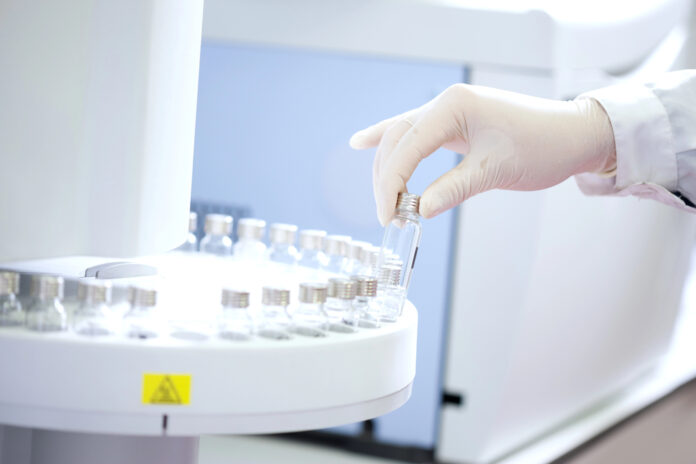For decades, chromatography has played an integral role as an analytical tool in the world of chemistry. Its capacity to separate, identify, and quantify compounds makes it essential in different sectors.
With the advancement in science, there has been significant progress in chromatography, with innovations pushing the instrument’s capabilities to a new set of limits.
Advancements in Instrumentation
The innovations have been mainly in the way that chromatographic instruments can be made more efficient and accurate. These days, most detectors are modern systems, leading to fewer fakes. These kinds of detectors can detect the smallest amounts of compounds, providing extremely exact measurements from rather unimaginable detections.
Automation has also transformed chromatography. Automated systems minimize human error and maximize uplink, which means laboratories can process extra samples in much less time, resulting in speedy and dependable results.
Green Chromatography
Due to environmental concerns, chromatography has developed sustainable procedures. Green chromatography should reduce the use of hazardous solvents and minimize waste generation. It uses safer solvents or can do without solvents entirely.
More recently, micro-scale techniques have been implemented that require smaller volumes of sample and solvent. This minimizes the carbon footprint and reduces costs, resulting in more cost-effective processes. A sustainability movement is encouraging labs to change the way we work.
Integration with Data Science
An important milestone in the data science–chromatography nexus. These days, sophisticated software tools mine complex datasets to provide better insights into the results. Machine learning models make predictions about outcomes, and these prediction capabilities improve accuracy and efficiency.
AI helps in method development and optimizes conditions for better separation. This saves time in setting up an experiment and improves the overall workflow.
Miniaturization and Portability
Miniaturization indeed transformed portable chromatographic devices into reality. Their small size makes them suitable for fieldwork, so that analyses can be performed in the vicinity of the rock sample. Portable devices offer on-the-spot outcomes, removing the necessary wait periods needed for typical laboratory analysis.
This invention can be used specifically for environmental monitoring and investigations in forensic science. It allows for quick decisions and greater flexibility in diverse applications. With progress in technology, these portable devices are expected to be more common, which would enhance their usefulness.
Applications in Healthcare
Moving forward, chromatography is taking great strides in healthcare. It is the critical part of drug development, assuring the new drug is safe and effective. Pharmaceutical companies use this technique to detect the impurities and confirm the composition of the product.
Chromatography also plays a key role in personalized medicine by allowing for analysis of biological samples for tailored treatment for individual patients. This personalized strategy translates into more efficient therapies and better patient results.
Challenges and Opportunities
Challenging as it may be, chromatography must move forward to innovate. Data integrity and accuracy have always been concerns for systems of this type. It requires labs to spend on high-quality equipment and training for the right technology.
Another obstacle is keeping up with regulatory requirements. With changing standards, compliance becomes increasingly challenging.
Still, the future for chromatography is bright. Further innovation will provide scope for more efficient, accurate, and sustainable practices. This changing environment offers an opportunity for those in academia and industry to push the boundaries.
Conclusion
Now, chromatography still plays a significant role in experimental research as well as industry. It is constantly evolving through improved instrumentation, sustainability, or data integration and portability. This highlights the importance of this in improving the lives of people in healthcare and other fields.
Lingering problems confronted, new avenues opened, and the future of chromatography appears to be rosy. As the forefront of innovation, this technique is expected to make a great impact on science and society in the near future. Chromatography is a continuously growing and evolving journey for which the future will remain a constant necessity.
Find a Home-Based Business to Start-Up >>> Hundreds of Business Listings.














































